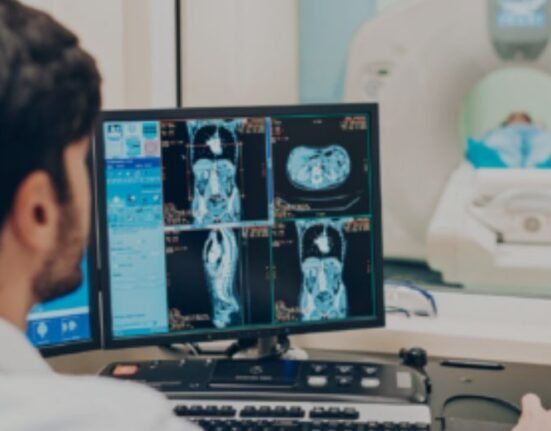HQ Team
September 9, 2024: People with a history of damage to the lining of their upper gastrointestinal (GI) tract are at a 76% higher risk of developing Parkinson’s disease, a Beth Israel Deaconess Medical Center study finds.
Those with a history of damage to the upper GI tract—typically ulcerations caused by the H. pylori bacterium, gastroesophageal reflux disease or use of non-steroidal anti-inflammatory drugs such ibuprofen are also at risk, according to a synopsis of the study released by the Boston, US-based center, an affiliate of the Harvard Medical School.
Parkinson’s disease, a progressive neurodegenerative disorder, affects an estimated 8.5 million people worldwide — a figure that has more than doubled over the past three decades.
“A growing body of evidence suggests that, at least in a subset of individuals, Parkinson’s disease originates in the gut before affecting the central nervous system,” said corresponding author Trisha S. Pasricha, MD, MPH, a neuro gastroenterologist and director of Clinical Research at the Institute for Gut-Brain Research at BIDMC.
“People often think about the ways the brain influences the gut, but the gut can exert enormous influence on the brain in ways we are still only beginning to understand,” she said.
Constipation, nausea
Many people who get Parkinson’s disease experience GI symptoms such as constipation and nausea for years— even decades — before developing motor symptoms like difficulty walking or tremors.
“Our lab has been trying to better illuminate this ‘gut-first’ pathway of Parkinson’s disease because it can open new avenues for early intervention and treatment strategies,” she said.
The retrospective cohort study uses patient data from an electronic database comprising a representation of urban academic centres as well as outpatient clinics and community hospitals in the greater Boston area.
Investigators identified a cohort of patients with no history of Parkinson’s disease who underwent an upper endoscopy — a procedure to image and diagnose problems in the oesophagus, stomach and first portion of the small intestine, which together make up the upper GI tract—between the year 2000 and 2005.
Patients with injuries to the lining of the upper GI tract, called mucosal damage, were matched in a 1:3 ratio with patients with without mucosal damage. All patients were followed through July of 2023.
Mucosal damage and disease link
Of 2,338 patients with mucosal damage, 2.2% were later diagnosed with Parkinson’s disease, while of the 8,955 patients without mucosal damage, 0.5% went on to develop Parkinson’s.
After adjusting for confounders, the risk of developing Parkinson’s disease was 76% higher among those with a history of mucosal damage than among those without. On average, Parkinson’s disease was diagnosed 14.2 years after mucosal damage was detected on an upper endoscopy.
The study highlighted the need for “heightened monitoring of these patients,” said Pasricha, who is also an instructor of medicine at Harvard Medical School.
Non-steroidal anti-inflammatory drug use was rampant, from back pain to headaches, and with peptic ulcers globally affecting upwards of 8 million people, “understanding the path from mucosal damage to Parkinson’s disease pathology may prove crucial to early recognition of risk as well as potential intervention,” she said.
The findings were published in JAMA Network Open.








